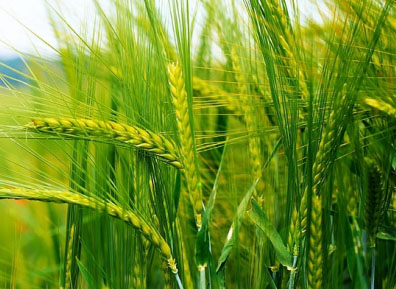MNB – treated water in agriculture improves the soil’s physiological and biological conditions by encouraging aerobic microorganisms, which improves soil particle structure, water absorption and oxygen dissolution, levels of the rhizosphere ( the region of soil in the vicinity of plant roots in which the chemistry and microbiology are influenced by their growth, respiration, and nutrient exchange), microbial species and phosphate and urease (an enzyme that catalyzes the hydrolysis of urea, forming ammonia and carbon dioxide ), which positively impact plant growth.
MNBs water reduces CH4 (Methane) emission and arsenic dissolution through an oxidative shift of the redox conditions in the flooded soil.
MNB water improves the rate of seed germination.
MNBs accelerate metabolism in animal and plant species.

MNB application through a drip kills bacteria, removes harmful substances and odors from water, improves the freshness, taste and yields fruits and vegetables.
MNBs are used for biological and weed control i.e., facilitating Triopsidae (Self-propelled movement of a cell or organism from one location to another ) growth, which stops weed growth in rice fields and also decreases chemical and fertilizer usage.

